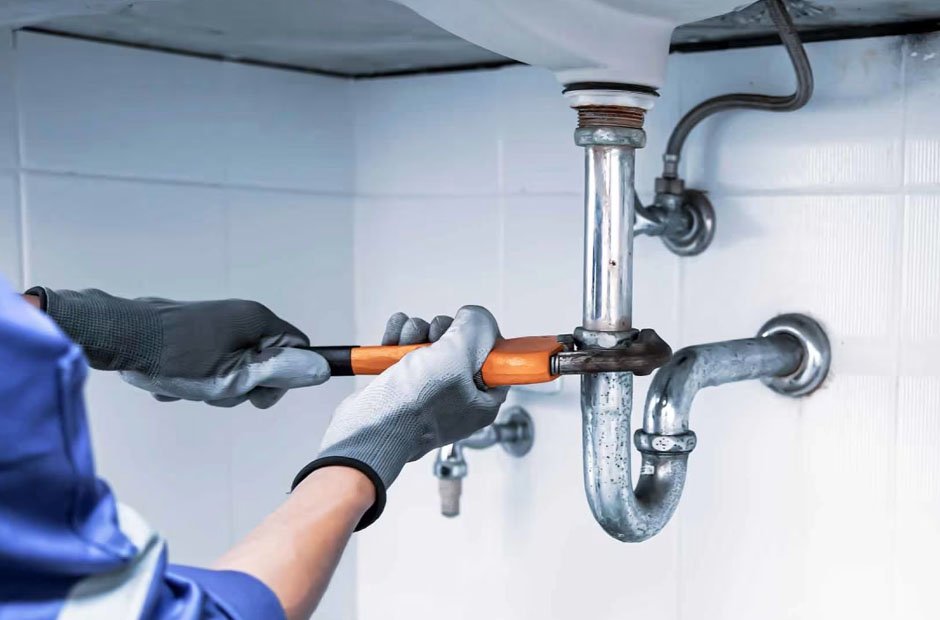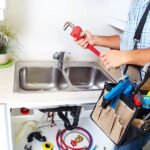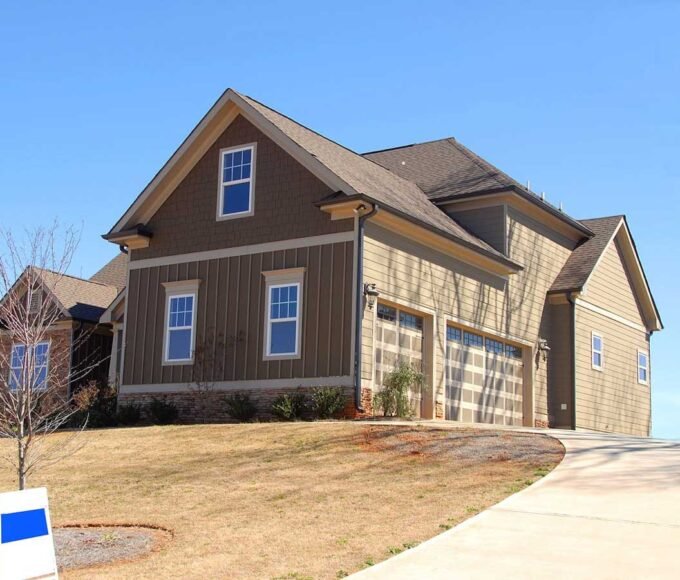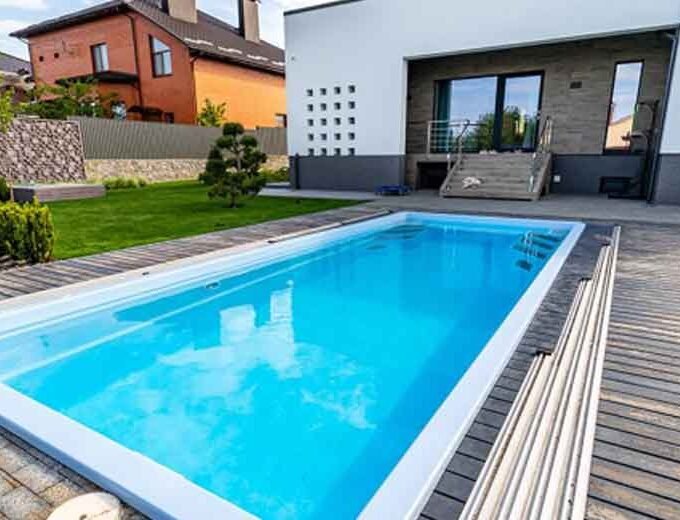Pipe repair and replacement from the Elite Plumbing Team are critical to maintaining a safe and efficient plumbing system in any building. Over time, pipes can develop leaks and corrosion, leading to water damage, increased utility bills, and potential health hazards. To ensure a reliable plumbing system, we will explore the causes of pipe leaks and corrosion and the methods used to repair and replace damaged pipes.
Understanding Pipe Leaks and Corrosion
Causes of Pipe Leaks
Pipe leaks can occur for various reasons, and understanding these causes is essential for effective repair and prevention. One common cause of pipe leaks is physical damage. Pipes can be accidentally punctured or cracked during construction or renovation projects. Additionally, pipes may develop leaks due to wear and tear over time, especially in older homes with aging plumbing systems. Temperature fluctuations can also cause pipes to expand and contract, leading to cracks and leaks.
Another significant cause of pipe leaks is high water pressure. Excessive water pressure can put stress on the plumbing system, causing pipes to burst or develop leaks at weak points. If necessary, monitoring water pressure and installing pressure regulators to maintain safe levels is important. In some cases, poor installation practices can result in leaks. Improperly sealed joints, inadequate pipe supports, or incorrect pipe fittings can all contribute to leaks in the plumbing system.
The Impact of Corrosion
Corrosion is a major issue that affects the longevity and integrity of pipes. It occurs when pipes made of certain materials, such as copper or galvanized steel, react with water and oxygen, leading to the gradual breakdown of the material. This process can create weak spots and holes in the pipes, resulting in leaks and reduced water quality. Corrosion can also cause pipes to become brittle and more susceptible to cracking under pressure.
Several factors can accelerate the corrosion process. Water quality plays a significant role, as water with high levels of minerals or acidity can be more corrosive. Additionally, certain chemicals, such as chlorine, in the water supply can contribute to corrosion. Environmental conditions like humidity and temperature can also impact the corrosion rate. Regular inspections and water quality tests can help identify potential corrosion issues before they become severe.
Methods of Pipe Repair
Several repair methods are available for pipe leaks and corrosion, depending on the extent of the damage and the type of pipe. For minor leaks, pipe patches, and clamps can provide a temporary solution. These devices are designed to seal the leak and prevent further water loss until a more permanent repair can occur. However, patches and clamps are unsuitable for long-term use and should be replaced with a more durable solution soon.
Epoxy pipe lining is another method for repairing pipes from the inside. This process involves cleaning the pipe’s interior and applying an epoxy resin coating. The resin cures to form a new pipe within the old one, sealing any leaks and preventing further corrosion. Epoxy pipe lining is less invasive than traditional pipe replacement, as it does not require extensive digging or demolition. It is particularly useful for pipes that are difficult to access.
For more extensive damage, pipe replacement may be necessary. This involves removing the damaged section of the pipe and installing a new one in its place. Sometimes, pipe bursting may be possible, where a new pipe is pulled through the old one, breaking the old pipe apart and replacing it simultaneously. This method minimizes disruption to the surrounding area and is suitable for water and sewer lines.
Preventing Future Leaks and Corrosion
Preventive measures are essential to avoid future leaks and corrosion in plumbing systems. Regular maintenance and inspections can help identify potential issues before they become major problems. Homeowners should have their plumbing systems inspected by a professional at least once a year to check for signs of leaks, corrosion, and other issues. During these inspections, the plumber can also test the water pressure and quality, recommending any necessary adjustments or treatments.
One effective way to prevent corrosion is by using corrosion-resistant materials for pipes. Modern plumbing systems often use materials such as PEX (cross-linked polyethylene) or CPVC (chlorinated polyvinyl chloride), which are corrosion-resistant and have a longer lifespan than traditional metal pipes. When replacing old pipes, consider upgrading these materials to reduce the risk of future corrosion.
Water treatment systems can also help prevent corrosion by improving water quality. Installing a water softener can reduce the mineral content in the water, decreasing the likelihood of scale buildup and corrosion. Water filtration systems can also remove chlorine and other corrosive chemicals from the water supply, protecting the pipes from damage. Regular maintenance of these systems is crucial to ensure their effectiveness.
When to Consider Full Pipe Replacement
In some cases, repairing individual leaks or sections of pipe may not be sufficient, and a full pipe replacement may be necessary. This is particularly true for older homes with outdated plumbing systems. If the pipes are experiencing frequent leaks or extensive corrosion, replacing the entire plumbing system may be more cost-effective and practical. Full pipe replacement can improve the reliability and efficiency of the plumbing system, reducing the risk of future leaks and water damage.
When considering a full pipe replacement, it is important to work with a professional plumber to assess the condition of the existing pipes and determine the best course of action. The plumber can provide recommendations on the most suitable materials and methods for the replacement, considering factors such as the age of the home, water quality, and budget. Replacing old pipes with modern, corrosion-resistant materials can significantly extend the plumbing system’s lifespan and improve overall water quality.
DIY vs. Professional Repair and Replacement
While homeowners can handle some minor pipe repairs, it is generally advisable to seek professional assistance for more significant issues. Professional plumbers have the necessary tools, skills, and knowledge to diagnose and repair leaks and corrosion accurately. They can also ensure that all repairs and replacements are performed according to local building codes and safety standards. Attempting to repair or replace pipes without proper training can result in further damage and potential safety hazards.
For minor leaks, homeowners can use pipe patches or clamps as a temporary solution until a professional can make a permanent repair. Additionally, homeowners can perform regular maintenance tasks such as inspecting pipes for signs of leaks or corrosion, checking water pressure, and using water softeners. However, any repairs involving cutting, welding, or extensive pipe replacement should be left to professionals to ensure the safety and integrity of the plumbing system.
Conclusion
Addressing leaks and corrosion in pipes is essential for maintaining a reliable and efficient plumbing system. Understanding the causes of pipe leaks and corrosion and the available repair and replacement methods can help homeowners make informed decisions about their plumbing maintenance. Regular inspections, preventive measures, and corrosion-resistant materials can significantly extend the lifespan of pipes and reduce the risk of future issues. By taking a proactive approach to pipe repair and replacement, homeowners can ensure a safe and efficient water supply for their households.
















